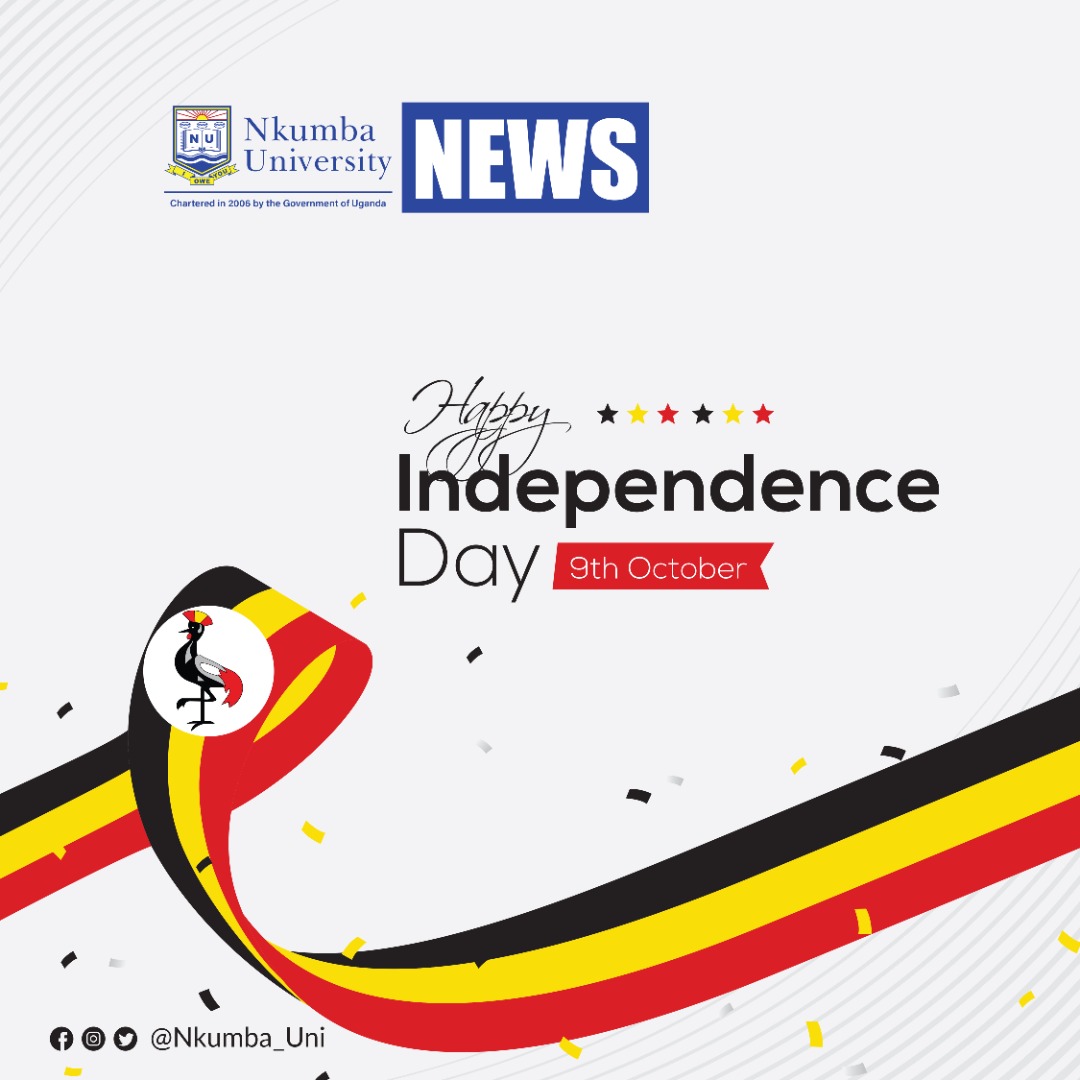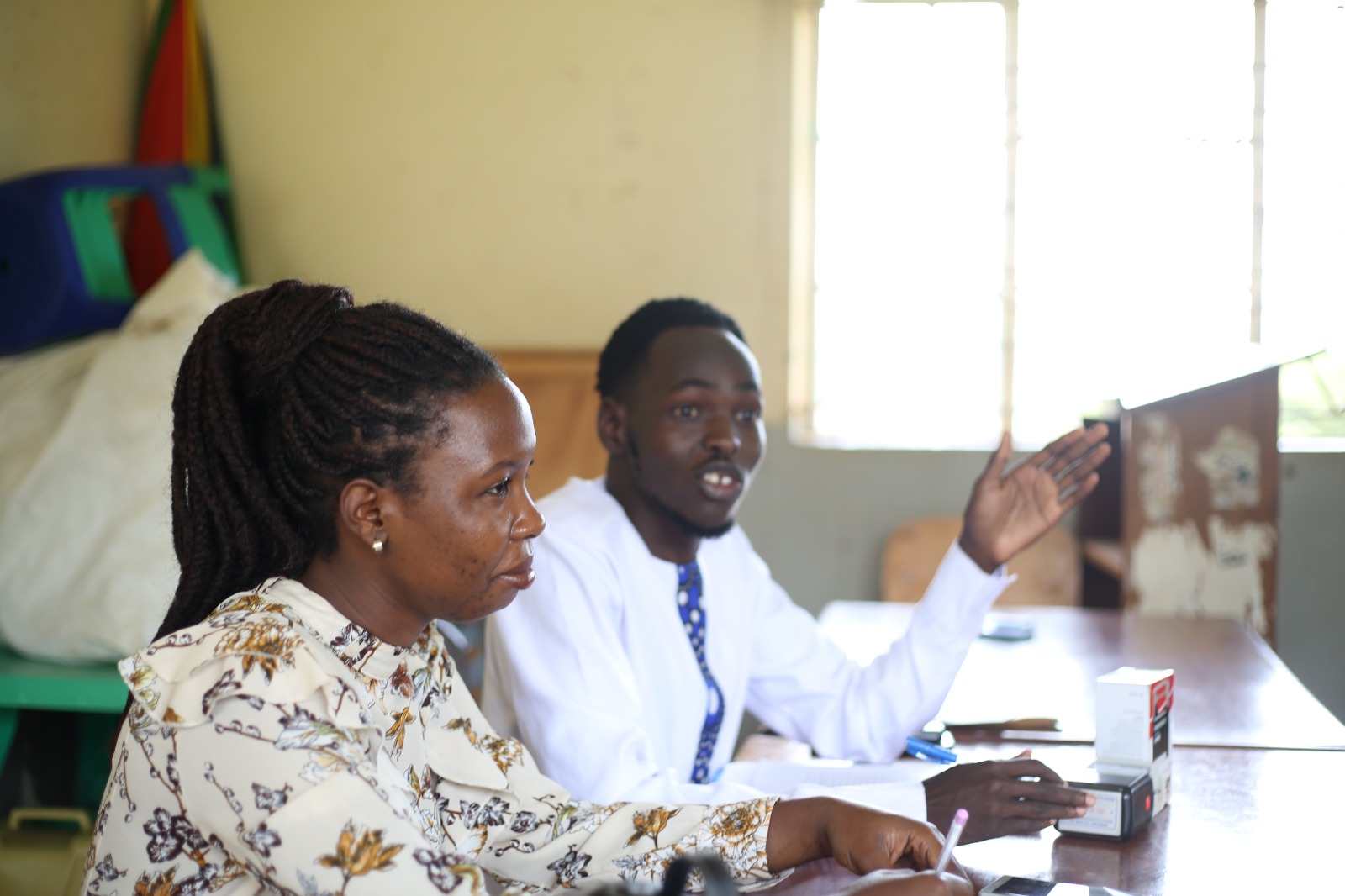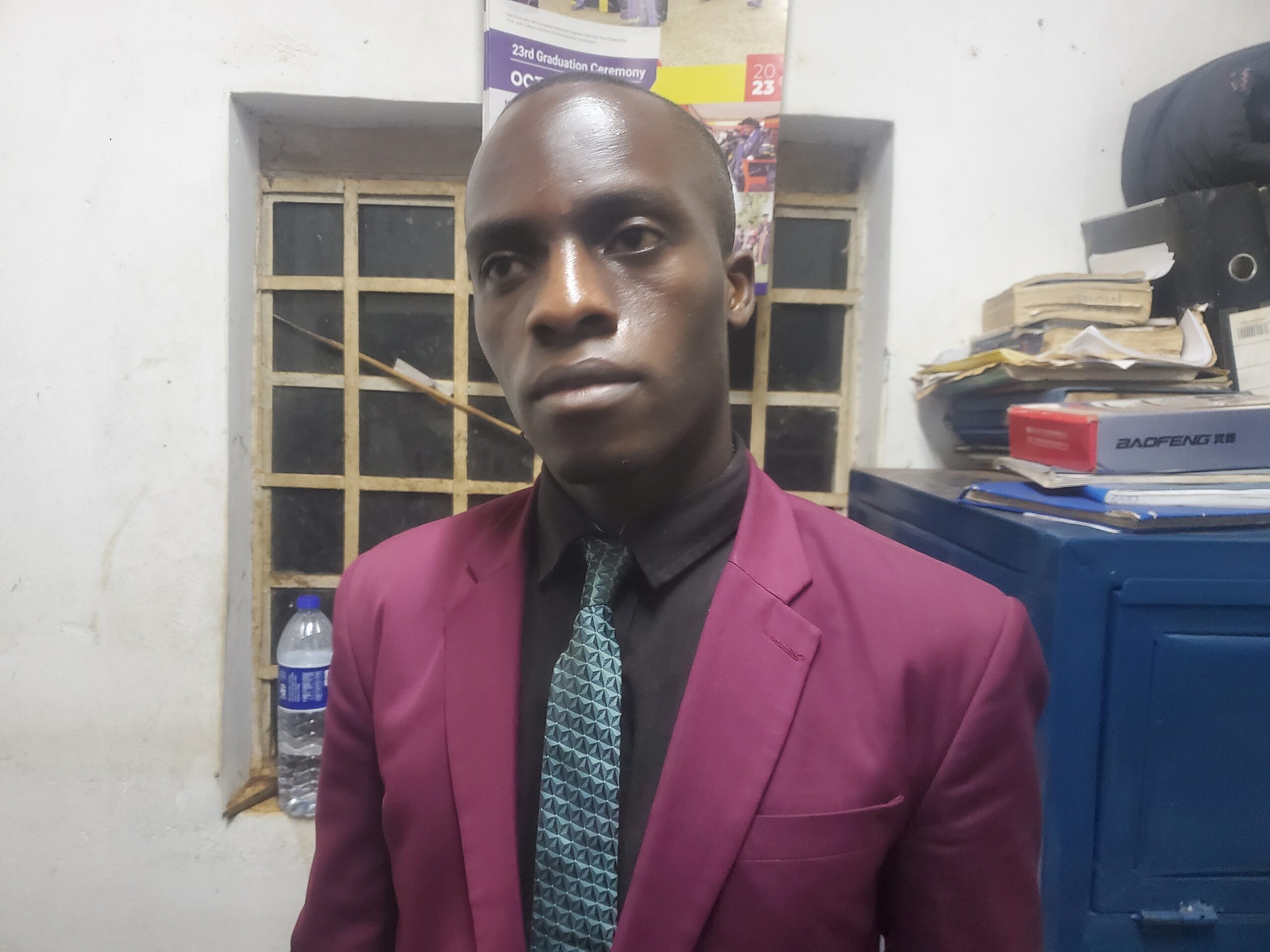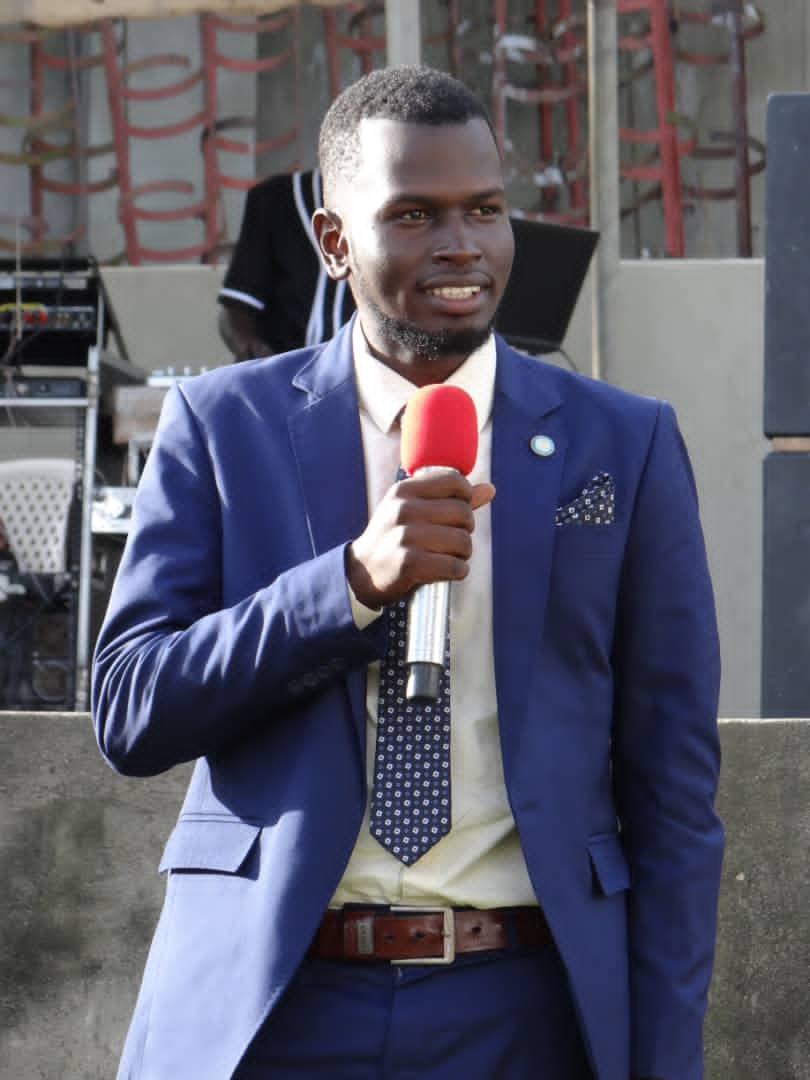During the scramble and partition of Africa, Uganda became landlocked bordering Kenya to the east, South Sudan to the north, DRC to the west , Rwanda to the south-west , and to the south by Tanzania.
Uganda gained independence from the UK on 9th October 1962 with Queen Elizabeth II as head of state and Queen of Uganda. In October 1963, Uganda became a republic but maintained its membership in the Commonwealth.
The first post-independence election, held in 1962, was won by an alliance between the Uganda People’s Congress-UPC and Kabaka Yekka-KY . UPC and KY formed the first post-independence government with Milton Obote as executive prime minister and the Buganda Kabaka Edward Muteesa II holding the largely ceremonial position of president.
Uganda’s immediate post-independence years were dominated by the relationship between the central government and the largest regional kingdom – Buganda.
May 1966, the Kabaka made his move. He asked for foreign help, and the Buganda parliament demanded that the Uganda government leave Buganda including the capital, Kampala. In response Obote ordered Idi Amin to attack the Kabaka’s palace.
In 1966, following a power struggle between the Obote-led government and King Muteesa, Obote suspended the constitution and removed the ceremonial president and vice-president. In 1967, a new constitution proclaimed Uganda a republic and abolished the traditional kingdoms. Obote was declared the president.
After a military coup on 25 January 1971, Obote was deposed from power and General Idi Amin seized control of the country. Amin ruled Uganda as dictator with the support of the military for the next eight years.
13th April 1979 saw Yusuf Kironde Lule taking change of the country for 128 days. His end of tenure usherd in Godfrey Lukongwa Binaisa the same year.
Paul Muwanga then took over on 12 May 1980 and resigned on 22 May 1980 bringing in Obote II between 1980 – 1985.
General Bazilio Olara-Okello led a coup d’état that overthrew President Obote and declared himself President but only to resign 2 days later.
Tito Okello Lutwa came in in 1985 and ruled the country for a year before he was over powered by Yoweri Kaguta Museveni in 1986.
Yoweri Museveni has been president since his forces toppled the previous regime in January 1986 ruling the country for a whole 37 years and still counting.
Today, Uganda’s population is estimated at 46 million, of which 8.5 million live in the capital- Kampala.
According to the 2014 census, Christianity is at 84.4% of the total population and Islam stands at 13.7% with other religions keeping at 1.9%.
Uganda stands on a total area of
241,038 km2 equivalent to 93,065 sq miles with 15.39% covered by water.
Uganda’s Gross Domestic product as of 2022 is estimated at $129.48 billion while Per capita hits $2,960.52.






















Discussion about this post